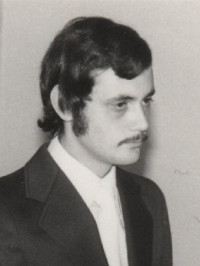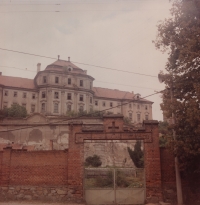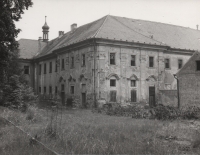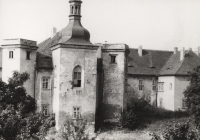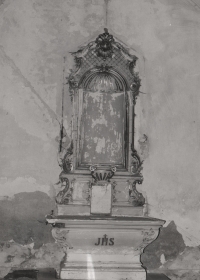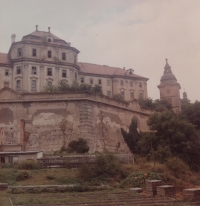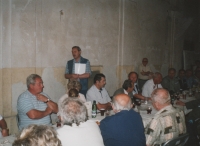We wandered around the somewhat mysterious building and wondered what was inside
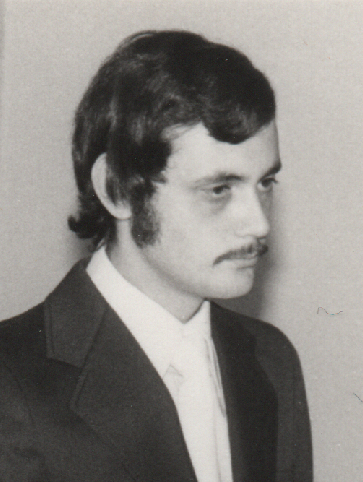
Stáhnout obrázek
Jiří Poslední was born on the 16th of July in 1955 in Domažlice. For some time, he lived in Holýšov and since he was six, he has lived in nearby Chotěšov. In this peripheral village, he lived alongside Germans who were not expelled and their offsprings. Since moving in Chotěšov, he would walk by the local dominant, the former convent of Premonstratensian sisters, which would later play an important role in his life. He apprenticed as a machinist and served in the army in a secret air defence unit. Then he returned to his workplace in the Škoda factory but after a conflict with his superiors, he left. In 1989, he witnessed a pro-Communist demonstration which tried to upturn the development after the events of the 17th November. After the fall of the Communist régime, he participated in efforts to save and reconstruct the Chotěšov convent. He became the vice-chair of the Klášter Chotěšov organisation and later he became the manager of the building. Even after thirty years’ work, he keeps investing his energy to the reconstruction and revival of the convent. In 2022, he was living in Chotěšov.
